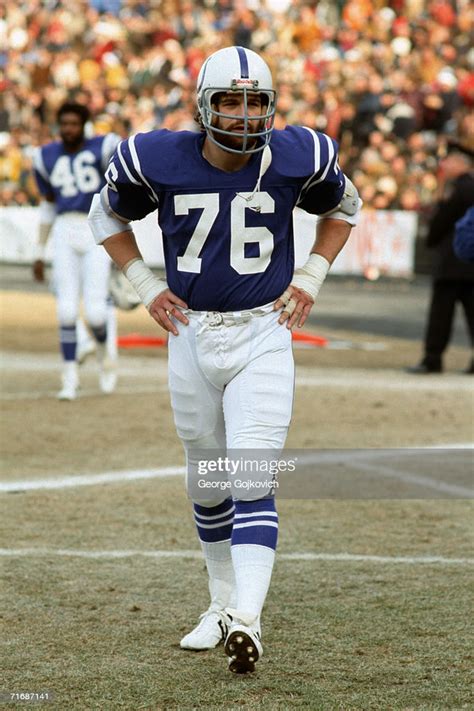A Quote by Stephen Covey
Character grows in the soil of experience with the fertilization of example, the moisture of ambition, and the sunshine of satisfaction. Character cannot be purchased, bargained for, inherited, rented or imported from afar. It must be home-grown. Purely intellectual development without commensurate internal character development makes as much sense as putting a high-powered sports car in the hands of a teenager who is high on drugs. Yet all too often in the academic world, that's exactly what we do by not focusing on the character development of young people.
Quote Topics
Academic
Afar
Ambition
Cannot
Car
Character
Character Development
Development
Exactly
Exactly What
Example
Experience
Fertilization
Focusing
Grown
Grows
Hands
High
Home
Inherited
Intellectual
Intellectual Development
Internal
Makes
Moisture
Much
Must
Often
People
Purchased
Purely
Putting
Satisfaction
Sense
Soil
Sports
Sunshine
Teenager
Too
Without
World
Young
Young People
Related Quotes
Children are 25 percent of the population but 100 percent of the future. If we wish to renew society, we must raise up a generation of children who have strong moral character. And if we wish to do that, we have two responsibilities: first, to model good character in our own lives, and second, to intentionally foster character development in our young.
One of the great myths in America is that sports build character. They can and they should. Indeed, sports may be the perfect venue in which to build character. But sports don't build character unless a coach possesses character and intentionally teaches it. Sports can team with ethics and character and spirituality; virtuous coaching can integrate the body with the heart, the mind, and the soul.
When you start digging into things like character, though, the notion that people have high character or low character is very strong. What's crazy is that my thinking is not a new insight. The very first large-scale study of character, still one of the largest ever, was done in the early 1900s by Hugh Hartshorne, an ordained minister and a scientist.
In our time, we have become too interested in the artist and his or her character and experience as a way of understanding art. In my view, you should be able to read a book or see a film without knowing a single thing about conditions or circumstances or character of the artist, and experience the work to the full without such information. Sometimes I feel - speaking for myself - that people know much too much about me, and I wish people knew less and could just read these books and respond to them purely as words on a page.





































